
LGBTI community says “no” to marriage equality plebiscite
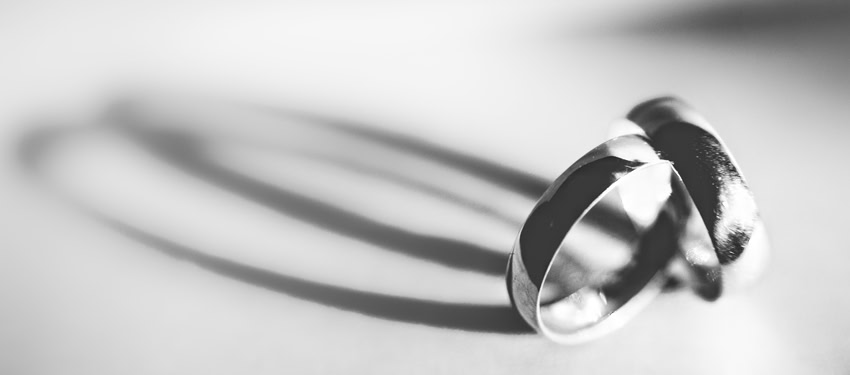
A RECENT poll showed that 66 per cent of the general population believe there should be a national vote of sorts on marriage equality.
From the outside, a plebiscite may look perfectly reasonable. It is a democratic method to resolve an impasse in Federal Parliament. Human rights issues have been resolved by a public vote in the past: voting rights for Indigenous Australians, the planned referendum to recognise Indigenous Australians in the Constitution and to remove discriminatory clauses, and, of course, the Irish marriage equality referendum. It could be the breakthrough we need in this increasingly bitter debate.
[showads ad=MREC]However, LGBTI voices have yet to be properly heard on a national vote which would affect our rights.
So, earlier this month, the Victorian Gay and Lesbian Rights Lobby and NSW and Lesbian Rights Lobby conducted a survey of 681 LGBTI and queer Australians on this issue of a marriage plebiscite.
Our survey found that 70 per cent of respondents do not support a national vote on marriage equality.
While a public vote might be seen as a breakthrough, in reality it is unnecessary, costly and potentially harmful to young or vulnerable LGBTI people and their families.
Firstly, it is a $100m million-plus opinion poll, the cost of which would be much better spent on health, roads or education. Secondly, the ensuing public campaign could cause grave harm to young or vulnerable people.
Here are some of the selected concerns raised in our survey:
“I worry for my daughters who are young and vulnerable.”
“I fear the impact on my own mental health let alone that of people who are less strong or more vulnerable than I am.”
“A protracted public debate is so emotionally difficult for me and my children.”
Under the current bill there is no public funding for a “yes” campaign to take on the cashed-up anti-marriage equality lobby.
Worst of all is that a marriage plebiscite actually rewards Federal Parliament’s inaction on this issue. By putting this to a public vote, parliament is abdicating its responsibility to act. The outcome of a plebiscite is not even legally binding, and may simply lead to further delaying on their part.
Former Prime Minister Julia Gillard said in a recent lecture: “A plebiscite or referendum is an idea of superficial appeal and long-lived dangers.”
On this basis, the Greens and cross-party Marriage Equality Plebiscite Bill should be rejected and this should instead be resolved through a parliamentary vote where all members are entitled to a free vote. The Greens allow a conscience vote, Labor allows a conscience vote and it is time for the Coalition to do the same.
Nevertheless, there is a real risk the government may independently establish a plebiscite on its own terms.
With this in mind, if a plebiscite were to be held, it should be held at a fixed date after the next Federal Election. It’s clear the LGBTI community is tired of waiting, with 53 per cent of survey respondents saying they wanted this issue resolved before the next election, but it is equally clear that LGBTI people do not want this resolved through an unnecessary, costly and harmful public vote.
Delaying a public vote until after the general election would ensure the public has the opportunity to consider each party’s position on a plebiscite at the polling booth — and vote accordingly. The Coalition has promised a public vote in the next term. Labor has promised a parliamentary vote within the first 100 days of forming government.
The choice is clear.
Sean Mulcahy is the co-convenor of the Victorian Gay and Lesbian Rights Lobby. To read the lobby’s submission to the Senate enquiry on a plebiscite and more, visit vglrl.org.au. You can follow the lobby on Twitter: @VGLRL. Sean tweets at @seanamulcahy
RELATED: MARRIAGE EQUALITY SHOULD BE VOTED BY PARLIAMENT “AS A MATTER OF URGENCY”: SENATE REPORT
________________
**This opinion piece was first published in the October edition of the Star Observer, which is available to read in digital flip-book format. To obtain a physical copy, click here to find out where you can grab one in Melbourne, Sydney, Brisbane, Adelaide, Canberra and select regional/coastal areas.
[showads ad=FOOT]





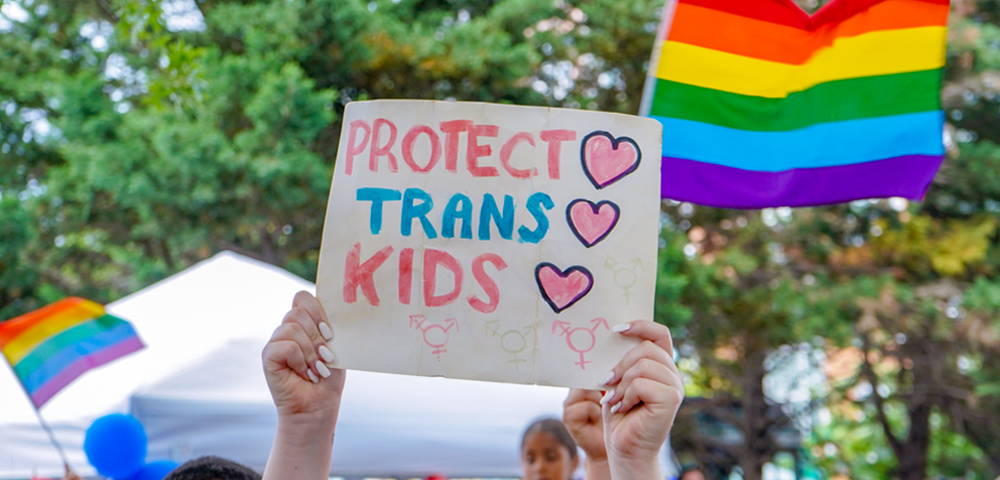

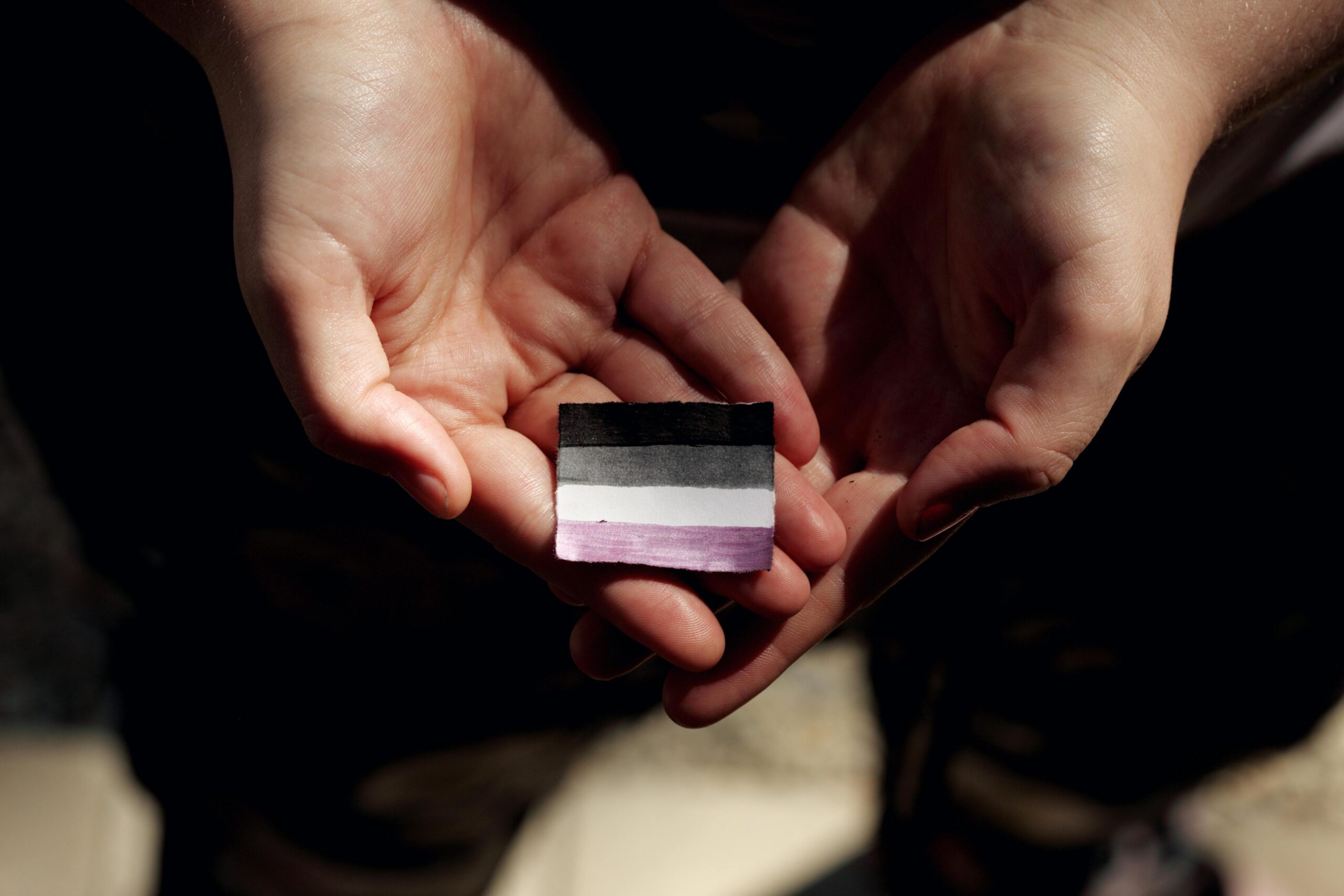
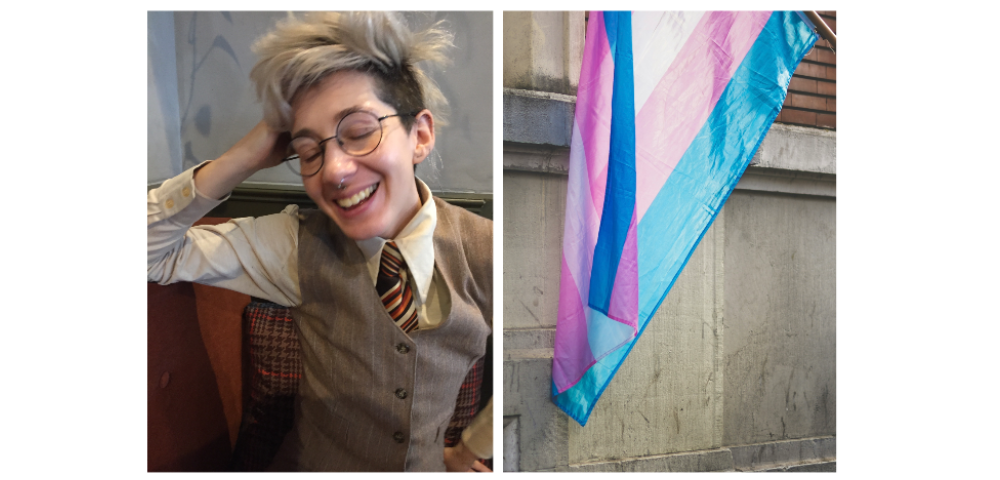
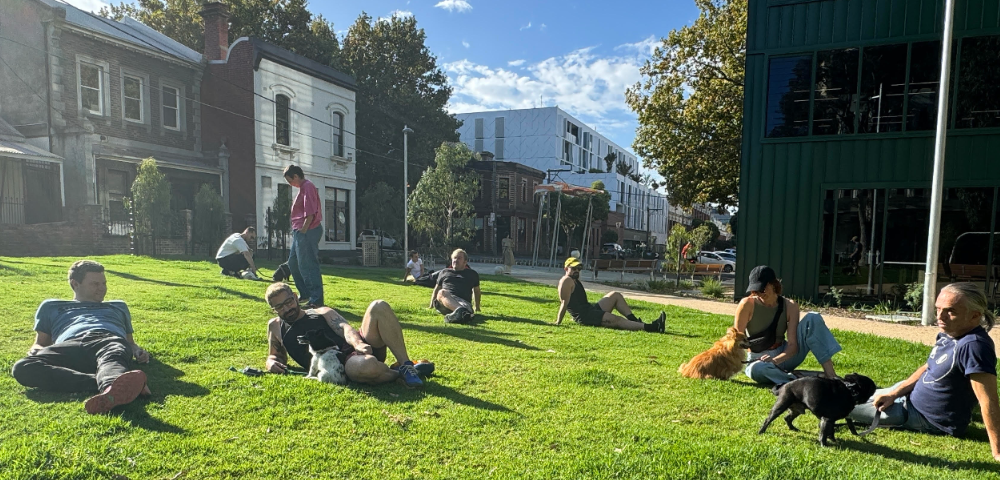
I’m actually surprised that the result was only 70% opposed to this. Why anyone would think that it is the right of heterosexual Australia to vote on the rights of homosexual Australia is beyond me. It might sound democratic, but only without scratching the surface. Even if the public vote yes, the resentment about the unnecessary cost – as mentioned in the article – and the vitriol that we as a community are going to be subjected to in the build-up to it are not going to pleasant, yet we shall endure them, and I fear that violence could ensue in some cases.
Can we have a simple Australian referendum (based on a constitutional amendment), to establish re-call elections – just for bad, anti-gay and corrupt Liberal or Labor governments please!
The only constitutional amendment there should be, is to recognise Aboriginal and Torres Straight Islander people within the Australian Constitution – which is way long overdue! State Constitutions of WA, QLD, SA, NSW and VIC, already recognise Aboriginal and Torres Straight Islander people. Tasmania is drafting a bill to do just that as well!
No plebiscite to elect Malcolm Turnbull, not one member of the public had a say. Yet Turnbull expects us to put up with hate material from some of his more dubious bedfellows in the LNP, put up with the hate crimes that flow from it, and then we would have to raise millions to campaign to marry our beloved. When Turnbull married Lucy, he had no such hurdle. When Howard changed the Marriage Act to exclude us, there was no plebiscite, yet the freaks who make up a majority of the LNP, who Turnbull is now answering to as his Landlord to the Lodge, expect us to subjected to this ugly apartheid that will cost the lives of some of us. The plebiscite is not without significant cost to our community.